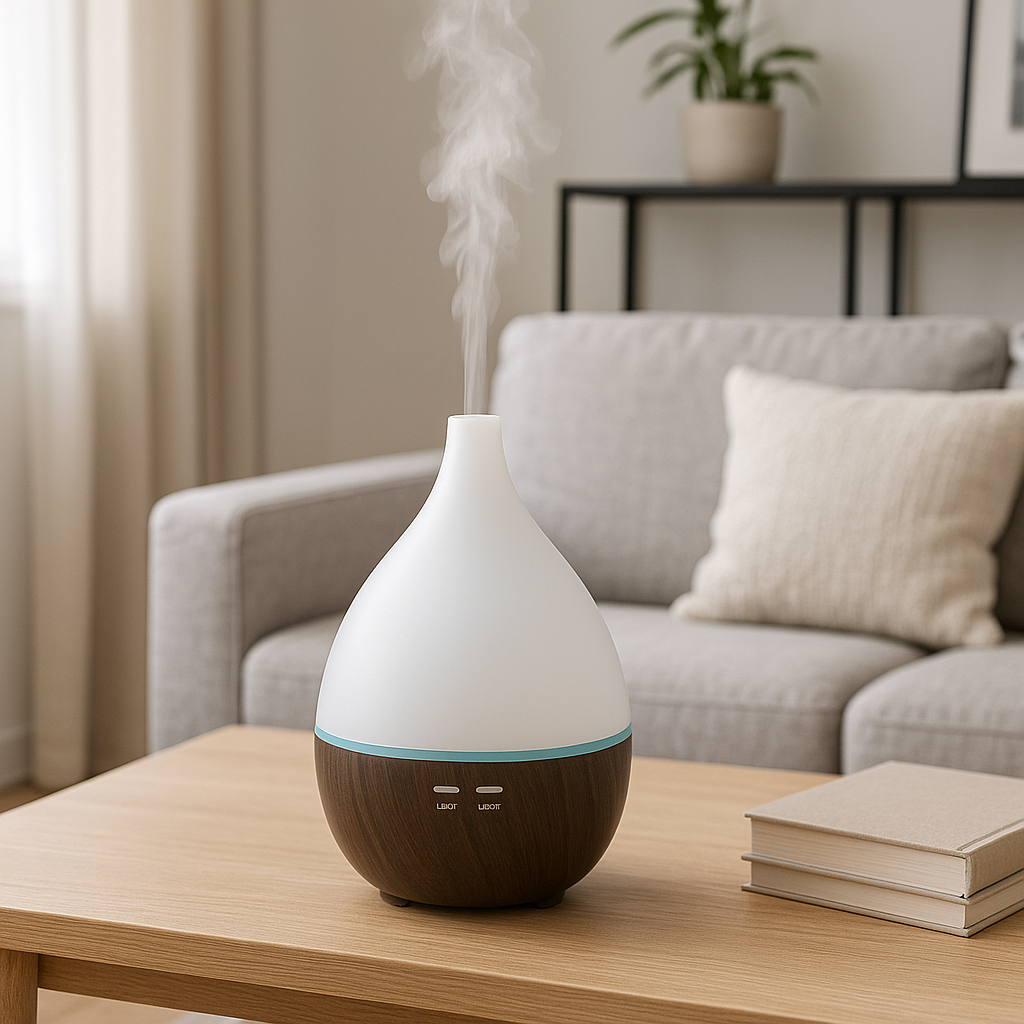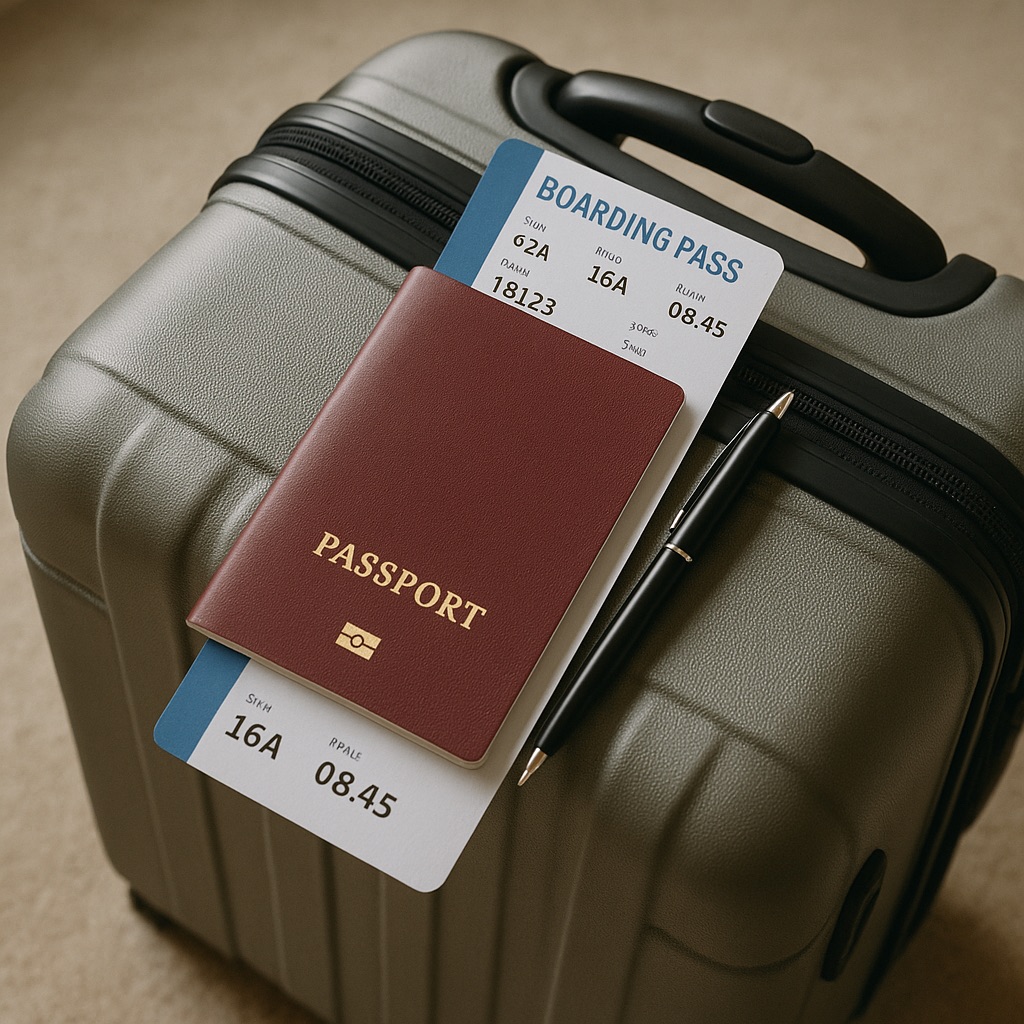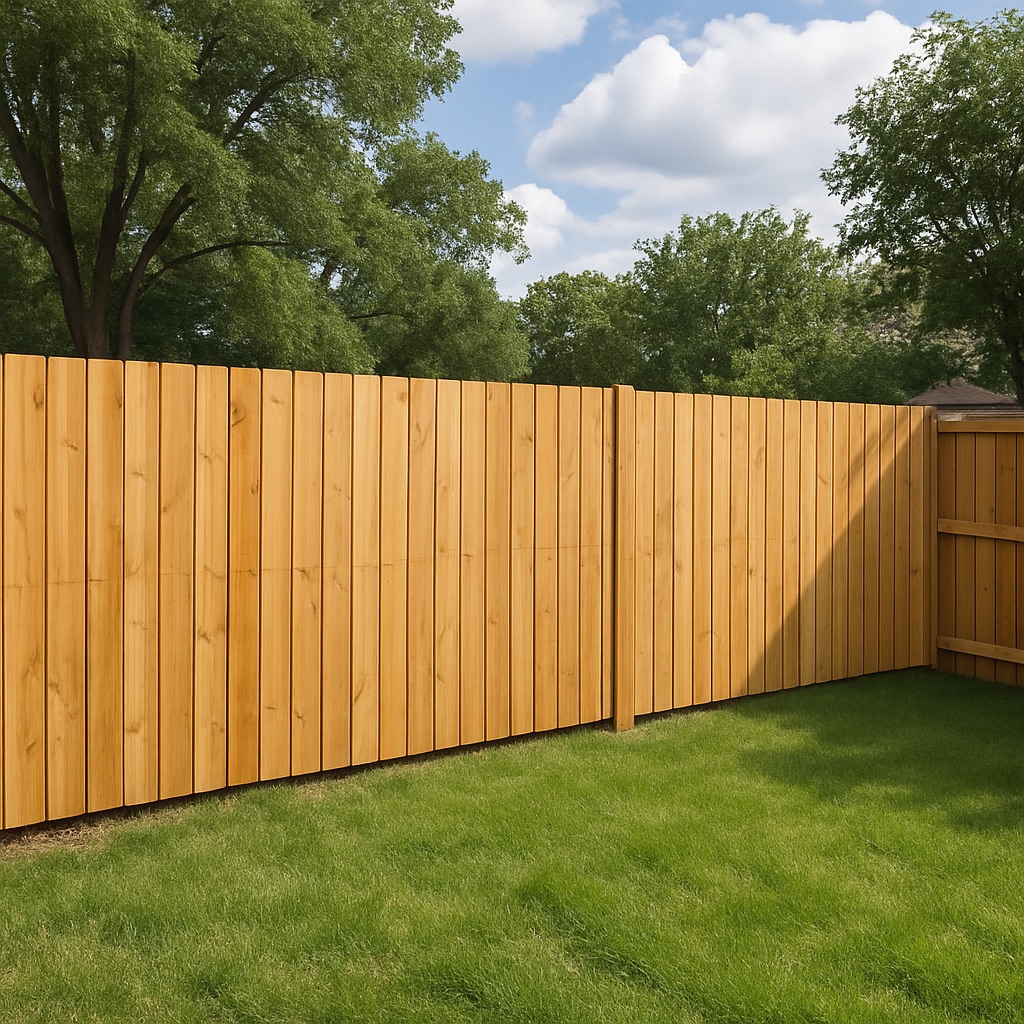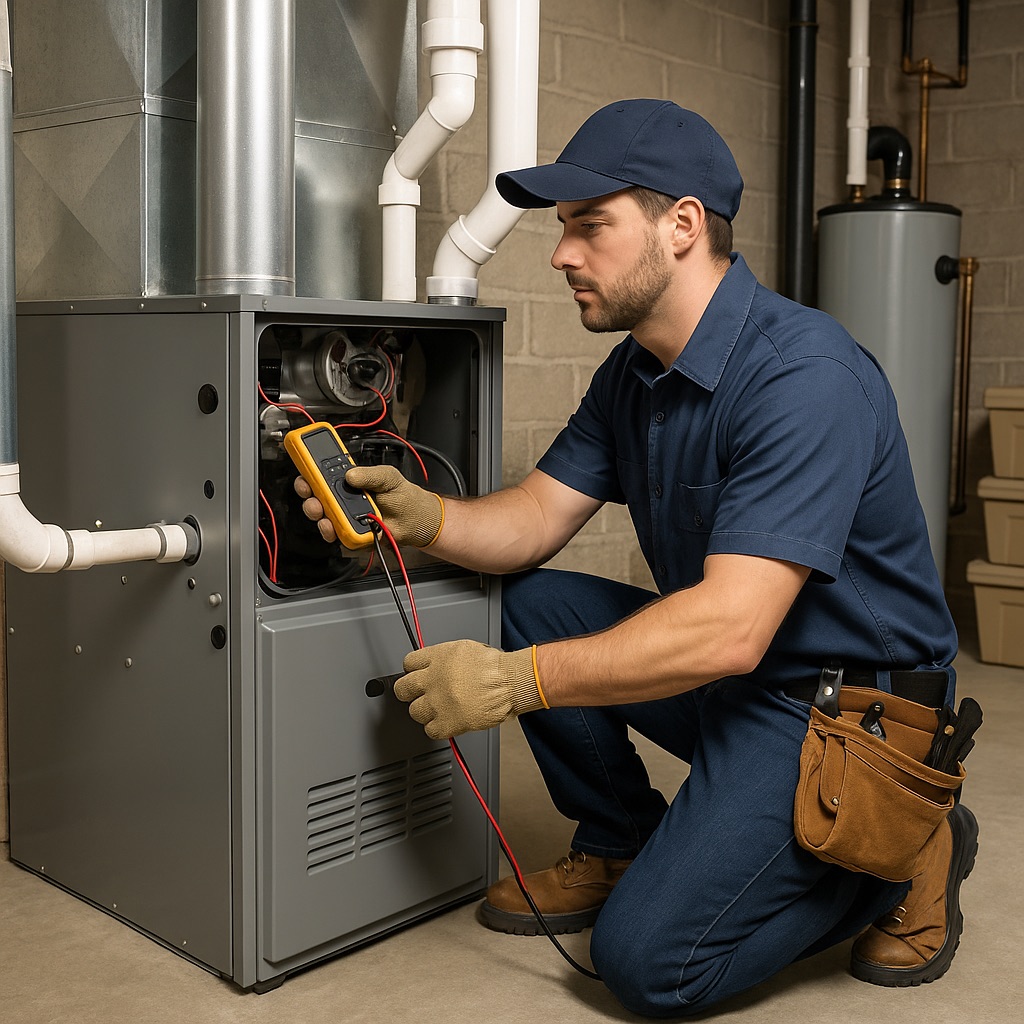Last updated on
If you are thinking about installing a solar irrigation system, it is important to weigh the advantages and disadvantages before making a decision.
Solar power can be a great way to save money on your energy bill, but there are some potential drawbacks to consider as well.
Let’s take a look at four advantages and four disadvantages of solar irrigation systems.
Table of Contents
Advantages
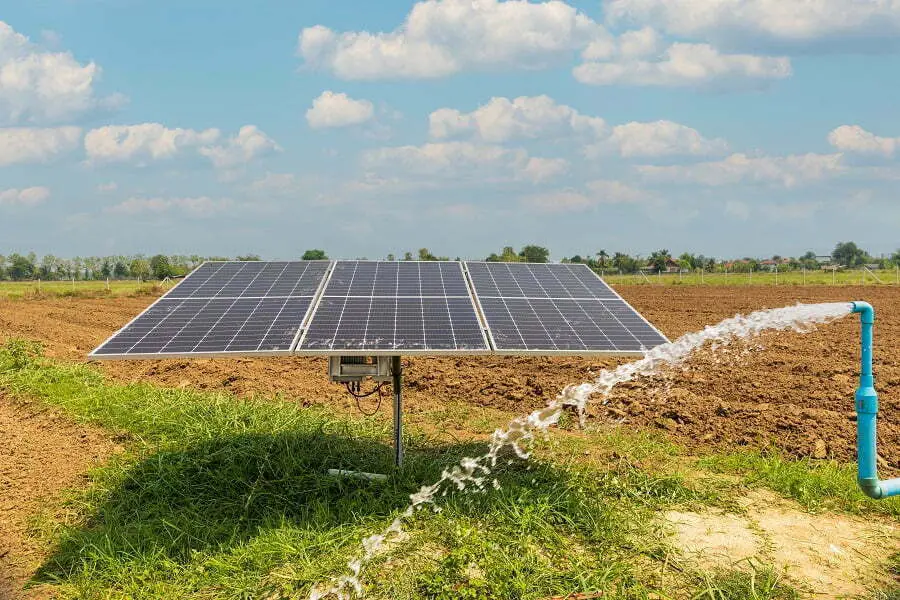
There are several advantages that make a solar irrigation system worth considering. A few of them are discussed here.
Solar Power Is Free Once You Have Installed the Initial Equipment
This is an advantage because you will not have to pay for the electricity that you use to run the system. Costs often figure in both the pros and cons of using solar power.
The only costs associated with solar power are the initial investment in the equipment and maintenance costs. Solar panels can be placed on almost any type of terrain, making solar farms very versatile.
They also have a relatively small environmental impact compared to other forms of energy generation. That said, solar irrigation systems are powered by the sun, so you will not have any electricity costs once the system is installed.
Solar Panels Can Last for Many Years with Proper Maintenance
That is an advantage of a solar irrigation system. Solar panels have a longer life span than most other energy sources. They can last up to 20 to 25 years with little to no maintenance.
However, with proper maintenance, they can last even longer. Solar panels are built to withstand harsh weather conditions and they don’t require much maintenance. Solar power is also more efficient than other energy sources. It can convert more sunlight into electricity than any other source.
You should clean your solar panels at least once a year to remove any dirt or debris that could block sunlight from reaching the photovoltaic cells.
Solar Irrigation Systems Can Be Used in Remote Locations Where There Is No Access to Grid Power
This is an advantage because it means that the system can be used in areas where it would otherwise be difficult or impossible to provide irrigation. If you live in a remote area that is not connected to the main power grid, a solar irrigation system can be a great way to water your crops or garden.
Solar irrigation systems are powered by the sun, so they do not require any external source of power. This makes them very convenient to use in remote locations where there is no access to grid power. This type of irrigation system is an excellent option if you live in a hilly or mountainous area.
Solar Power Produces No Greenhouse Gases or Other Pollutants
This is one of the main advantages of a solar irrigation system. Solar power is a renewable resource, which means that it can be used again and again without damaging the environment. This is an advantage over traditional petrol or diesel pumps which can release harmful chemicals into the atmosphere.
Solar panels also have a very long lifespan, so they will continue to produce energy for many years to come.
Disadvantages
Despite the advantages discussed earlier, solar irrigation also has some disadvantages that should be considered before installation. Here are some drawbacks to take note of:
Solar Irrigation Systems Can Be Expensive
While solar panels have become more affordable in recent years, solar irrigation systems can still be quite expensive to install. The upfront cost of installing a solar irrigation system can be quite high and may be prohibitive for some homeowners.
However, the long-term savings on your utility bills may make solar irrigation a worthwhile investment. In some cases, government incentives or rebates are available to offset the initial investment.
Solar Power Is Not Always Available, Especially at Night or During Cloudy Weather
One of the key disadvantages of solar irrigation systems is that they are not always able to generate enough power, especially during cloudy weather or at night. This means that solar irrigation is only possible in areas that receive ample sunshine.
If your property is shaded by trees or other buildings, you may not get enough sun to power the system effectively. This can lead to inconsistency in watering schedules and may even require a backup power source.
Solar Irrigation May Not Be Suitable for All Crops
Solar irrigation is most effective for crops that have a high water requirement. If you are growing crops that do not require a lot of water, solar irrigation may not be the best option. You should consult with an agricultural specialist to determine if solar irrigation is right for your crops.
Solar Irrigation Systems Require Regular Maintenance
Solar irrigation systems require regular maintenance to keep them running smoothly. While the solar panels do not need regular maintenance, the pumps and motors in the system must be regularly inspected and serviced to ensure that they are operating properly. However, solar panels also need to be cleaned periodically to remove dirt and debris.
If you are considering solar irrigation for your home or business, it is important to weigh the advantages and disadvantages of the system. Solar irrigation can save you money on your utility bills and help you reduce your carbon footprint. However, there are some drawbacks to solar irrigation that you should be aware of before making a decision.
